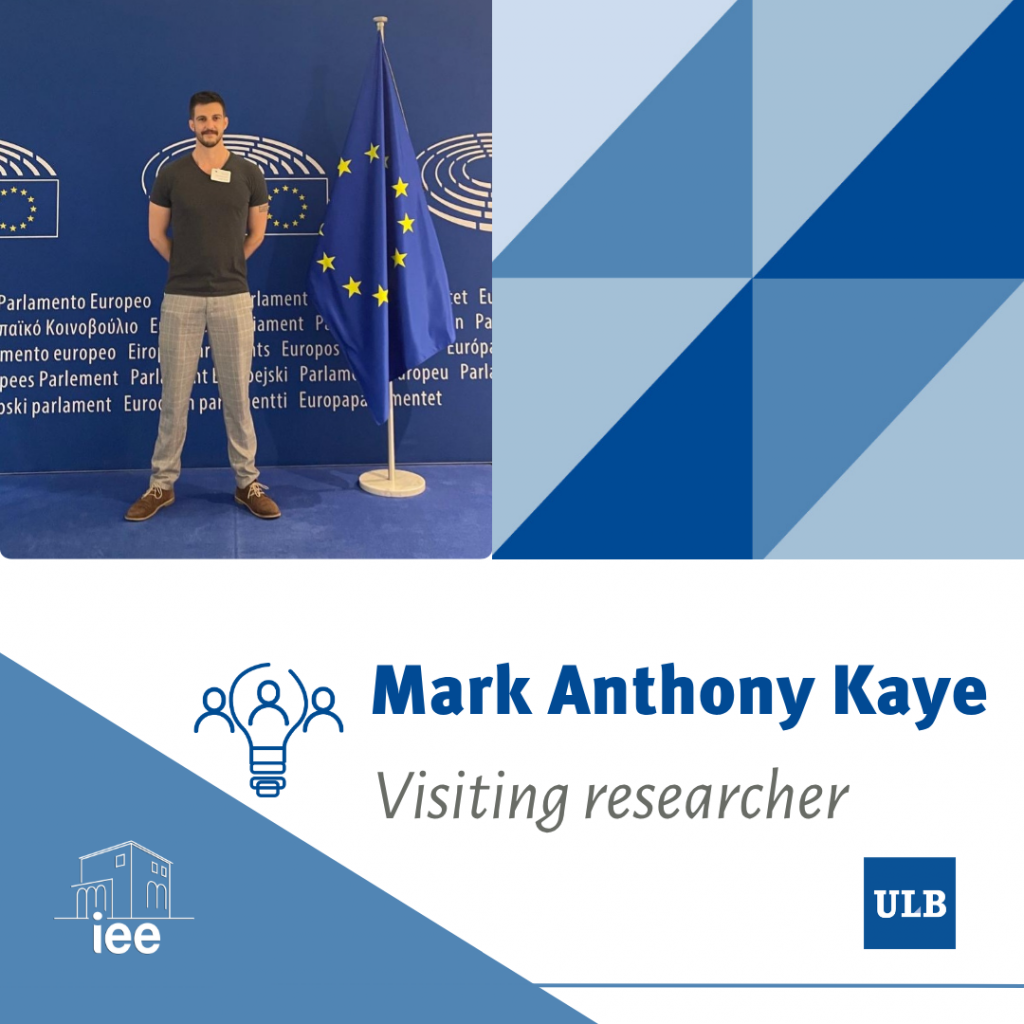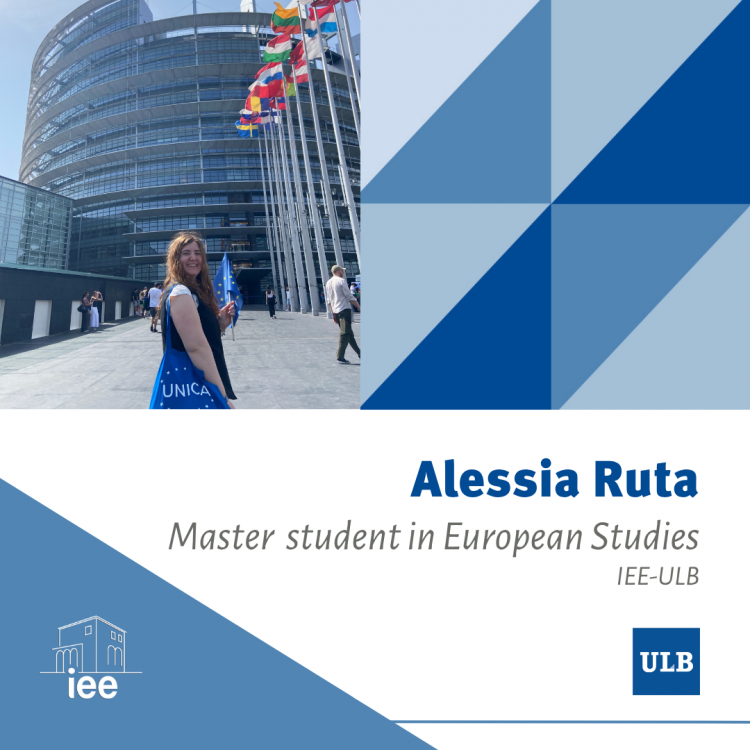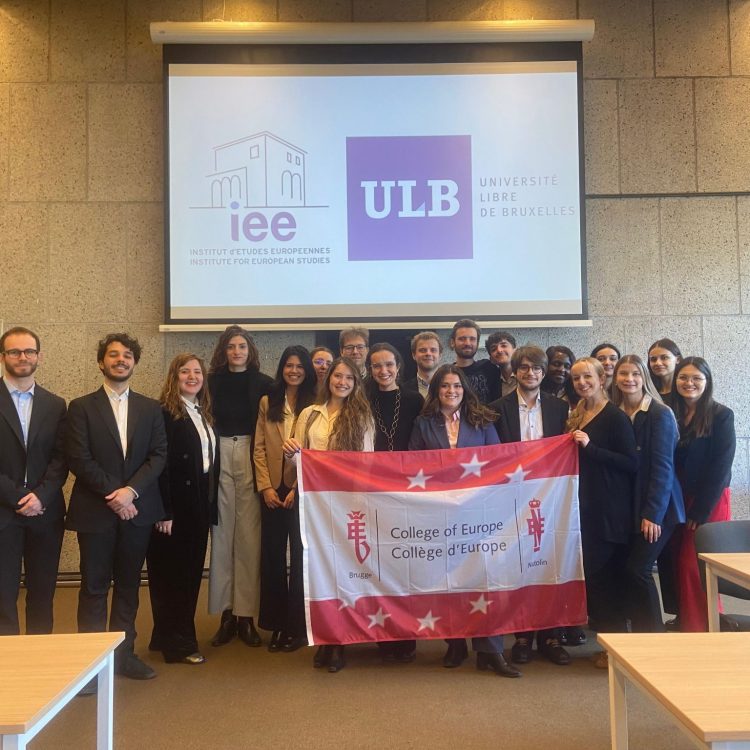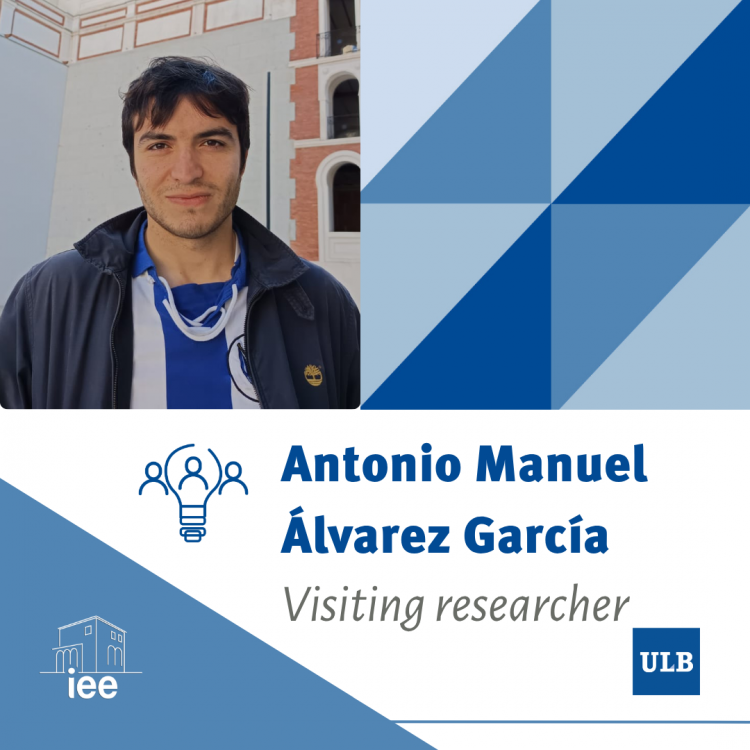About Mark Anthony Kaye
Mark Anthony Kaye is a third-year PhD candidate in European and Area Studies at the University of Portsmouth, UK. He originally completed his Bachelor’s degree in History at the University of Leeds, after which he spent several years working for the British Labour Party. In 2019, he returned to higher education to pursue a Master’s in Contemporary History at the University of Birmingham. However, as his interest in European society and politics deepened, he chose to pivot toward the social sciences and undertook an MSc in Social Research Methods at the University of Southampton. This academic shift laid the foundation for a PhD project focused on contemporary European issues, always with a historical perspective in mind.
Kaye’s research centres on the political, cultural, and social implications of the UK’s departure from the European Union, an event whose effects, eight years after the referendum, continue to resonate across Europe. The core aim of his research project is to investigate these reverberations and to understand how the Brexit moment manifests in the everyday lives of individuals and communities. His work seeks to shed light on the potentially varied impacts of Brexit on different demographic groups, as well as on how people respond to these impacts. Furthermore, the project explores how individuals and communities imagine their lives within and beyond Brexit Britain, and how they perceive the future of UK-EU relations.
Kaye employs an inductive and exploratory methodology, prioritising a bottom-up, data-driven approach. He draws on theories and concepts from multiple disciplines, particularly history, political science, and sociology. His PhD research is funded by the South Coast Doctoral Training Partnership (SCDTP).
His research at IEE-ULB
He chose to visit the Institute for European Studies at ULB (IEE-ULB) because of the strong alignment between its research priorities and his own. These include an interest in the ‘micro foundations’ of social life, such as public trust in political institutions, responses to post-crisis challenges, the UK/EU’s enduring state of crisis (perma- and poly-crisis), electoral behaviour, and contentious politics. Additionally, the institute’s interdisciplinary and transnational research focus, along with its strong ties to EU institutions and policymakers, made it an ideal environment for his research.
Under the supervision of Professor François Foret, Kaye’s visit to IEE-ULB has enabled him to present several of his research findings to a broader European academic audience and to collaborate with scholars who share similar interests, not only at IEE-ULB, but also across multiple institutions in EU member states. The opportunity to present and discuss both his work and that of fellow European studies researchers has provided him with valuable new perspectives. He considers this experience especially important in light of the risks of methodological nationalism when studying a subject such as Brexit.
Mark Anthony Kaye would like to thank Professor Foret and all the staff at IEE-ULB for facilitating his institutional visit and for their generous support throughout his stay.
How to become a visiting researcher at the IEE-ULB
The IEE-ULB regularly welcomes visiting researchers whose work focuses on its main lines of research.
Interested candidates are invited to submit their applications which must contain: an up-to-date CV, a research project highlighting the link to one or several of the IEE’s four research themes, the proposed research period, and the name of the IEE-affiliated professor who has agreed to act as the researcher’s supervisor.
Applications should be send to Prof. François Foret, Dominique Dembour, and Dr. Marta Matrakova.
Contact
For any questions about a visiting research stay at the IEE, please contact the IEE’s Research Manager, Dr. Marta Matrakova.




